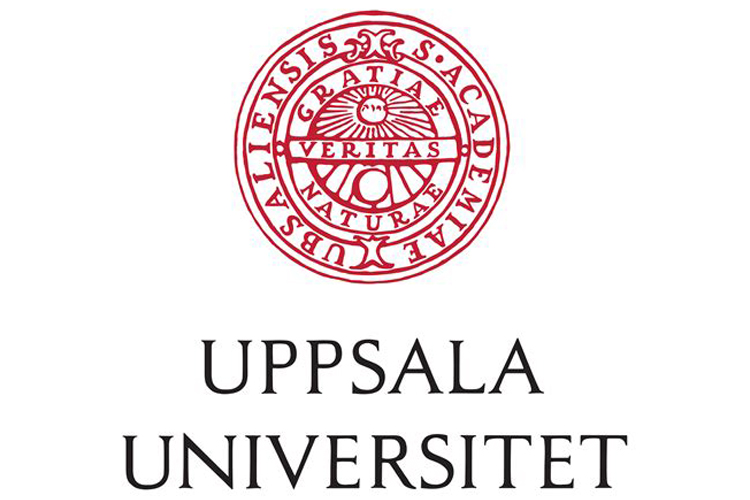Masters students' baseline knowledge of high energy X-ray measurement techniques
The following universities provide master's level education in material science and engineering. Here are the courses in materials science and engineering on master's level that provides knowledge of high energy X-ray measurement techniques.
Lunds Tekniska Högskola – LTH
Master's programme:
Production and Materials Engineering – Programme structure
Courses:
Not any courses that address X-rays measurements.
Luleå Tekniska Universitet – LTU
Master's Programme:
Master Programme in Materials Engineering
Courses:
Advanced Materials Characterisation Techniques (7.5 credits) (Obligatory)
Course Syllabus:
Course Syllabus Advanced Materials Characterisation Techniques 7.5 Credits
Covers X ray Diffraction.
Laboratory work – 2.5 credits
Chalmers
Master's Programme:
Courses:
Materials Characterisation and failure analysis (7.5 credits). Obligatory.
Covers X-ray diffraction. The students perform a project (3.5 credits) where an analysis method are chosen. The course focuses mainly on failure analysis. The course includes a 2h lecture on X-ray diffraction – which focuses more on residual stress measurements rather than anlysis of crystal structures. The students get a guided tour through the lab to see the equipment.
Uppsala Universitet
Master's Programme:
Master's Programme in Materials Engineering
Courses:
1. Materials Analysis (5 credits) (Obligatory)
Covers X-ray, XRD, XRF and ESCA/XPS. The students shall be able to in detail describe the principles of XRD and from this interpret of diffraction patterns. Will not focus on X ray measurements specifically, and the course will focus on lab-based methods. Synchrotron-sources will probably be mentioned shortly.
Syllabus for Materials Analysis
2. Advanced Materials Analysis (5 credits)
Preliminary planned for 2021-2022 semester 3. Syllabus only available in swedish. Content includes X-rays- and electronspectroscopic techniques. Students will perform a smaller project in materials analysis with evaluation of results and follow-up. The education will have lectures, and project in group with laboratory elements.
3. Experimental methods in mechanics (5 credits)
Preliminary planned for 2021–2022 semester 3.)
Linköping University
Master's Programme:
Master's Programme in Materials Science and Nanotechnology, 120 credits
Courses:
Analytical Methods in Materials Science, 6 credits (TFFM40) (Obligatory)
The course address X-ray diffraction, and also X-ray Photo Electron Spectroscopy and laboratory work that covers both these methods.
Dalarna University
Master's programme:
Master Programme in Materials Engineering and Product Development
Courses:
Materials and Surface Characterisation (7.5 credits) (Obligatory)
The course covers X ray diffraction (as well as EDX and XPS). XRD covers, basic of instrumentation, calculation of lattice parameters for a different system, crystallite size, strain, and phase analysis are introduced and problems are solved. Laboratory work – unknown if it covers X rays.
Jönköping University
Master's Programme:
Product Development and Materials Engineering
Courses:
No course that adress X rays is found.



